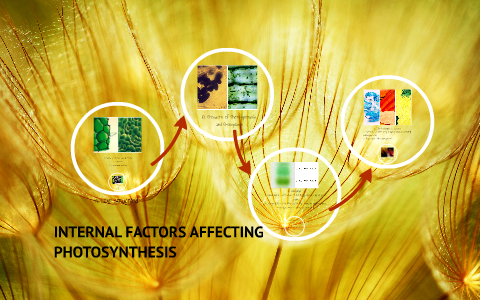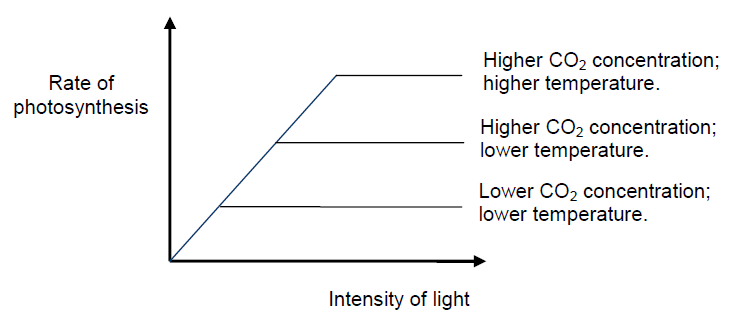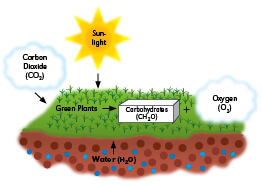Photosynthesis is the process by which plants, algae, and some bacteria convert light energy into chemical energy in the form of glucose or other sugars. This process is essential for the survival of plants and is a key component of the Earth's ecosystem, as it helps to convert carbon dioxide into oxygen, which is necessary for the survival of animals. There are several factors that can affect the efficiency of photosynthesis, including light intensity, temperature, and the availability of water and nutrients.
One of the most important factors for photosynthesis is the intensity of light. Plants use chlorophyll, a pigment found in their leaves, to absorb light energy and convert it into chemical energy. The amount of light absorbed by the chlorophyll depends on the intensity of the light. When light intensity is high, plants are able to photosynthesize more efficiently and produce more glucose. However, when light intensity is low, photosynthesis is less efficient and plants may produce less glucose.
Temperature is another factor that can affect photosynthesis. Most plants prefer to photosynthesize at temperatures between 20 and 30 degrees Celsius. At higher temperatures, the enzymes involved in photosynthesis can become denatured, which can inhibit the process. On the other hand, at lower temperatures, the enzymes may not function properly, which can also hinder photosynthesis.
In addition to light intensity and temperature, the availability of water and nutrients can also affect photosynthesis. Water is essential for photosynthesis as it is used to transport the glucose produced during the process to the rest of the plant. When plants do not have access to enough water, they may experience drought stress, which can lead to reduced photosynthesis. Similarly, plants need certain nutrients, such as nitrogen, phosphorus, and potassium, in order to photosynthesize efficiently. If these nutrients are lacking, photosynthesis may be slowed or impaired.
Overall, photosynthesis is a complex process that requires the right combination of light, temperature, water, and nutrients in order to function effectively. Understanding the factors that can affect photosynthesis is important for understanding how plants grow and how they contribute to the Earth's ecosystem.








